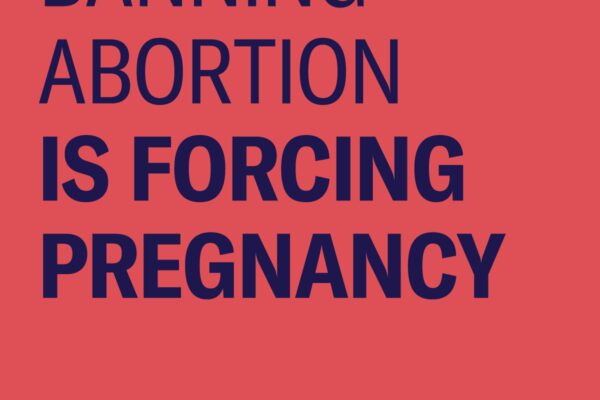We anticipate the Supreme Court's opinion in Dobbs v. Jackson Women's Health Organization in the near future. If Roe v Wade (Roe) is overturned, South Carolina lawmakers will attempt to further prohibit or severely restrict abortion. Laws that prevent people from making their own decisions about whether to continue a pregnancy or have an abortion amount to forced pregnancy.
Outright abortion bans aren't the only way to force a pregnancy – even now, with Roe still technically intact, restrictions in South Carolina are pushing abortion out of reach: Patients are forced to receive state-directed counseling that includes information designed to discourage the patient from having an abortion, and then wait 24 hours before the procedure is provided; a six-week ban is currently enjoined, or strongly encouraged – which means that medical providers can decide to deny care to someone who has been pregnant for six weeks or more – that's only one missed period; some medical insurance doesn't cover the medical procedure; and more.
These cruel restrictions are barriers for South Carolinians, preventing our most vulnerable – people of color, immigrants, people who live in rural areas, young people, and people with low incomes – from accessing the health care they need and deserve. Policies that force people to remain pregnant and give birth are unconscionable and dangerous.
Long-term consequences of not having access to abortion care include:
- Long-lasting health consequences as well as life-threatening complications like eclampsia (which can lead to seizures or comas) and postpartum hemorrhage.
- Increased levels of poverty for people turned away from the abortion care they need and an inability to cover basic needs like food, housing, and transportation.
- Ongoing contact with and violence from an abusive partner.
We need accessible reproductive health care for all South Carolinians – and that includes abortion.
You can help:
- Know your rights in our state.
- Register to vote or check your voter registration status and then go vote in the 2022 midterm elections this fall.
- Run for office.
We will not stop fighting for access to abortion care, and we encourage you to join us. End forced pregnancy, and provide abortion access to all!
Karen Culbreath
Interim Executive Director, ACLU of South Carolina

